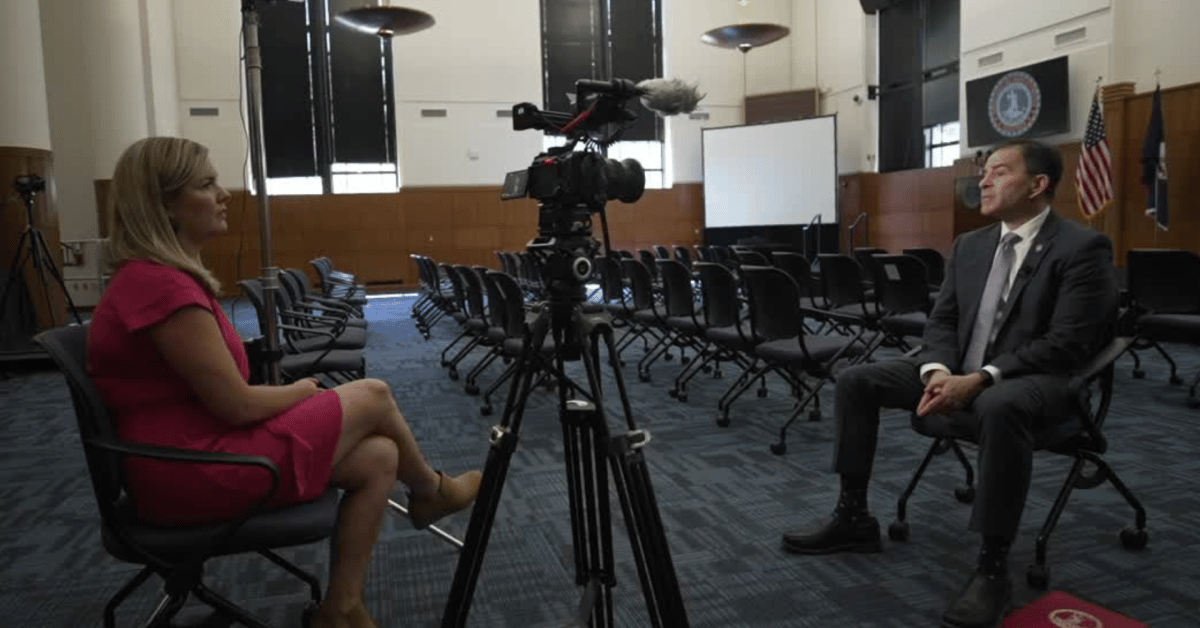
Virginia is currently under the spotlight after facing a massive $270 million penalty for errors in handling food benefits. This situation has sparked concern nationwide, especially among those who rely on government assistance programs. The errors were related to the distribution and management of food benefits, which are crucial for many low-income families across the state. Understanding the details of this penalty helps us see how government systems work and the impact of administrative mistakes.
For many young people and families, food benefits play an important role in daily life, ensuring they have access to nutritious meals. The penalty imposed on Virginia comes from the federal government aimed at correcting and addressing these errors. It also serves as a reminder for other states to maintain accuracy and transparency in managing public funds. Let’s explore what led to this penalty and what it means for Virginians and others dependent on food benefits.
What Caused the $270 Million Penalty for Virginia?
The penalty was imposed by the United States Department of Agriculture (USDA), which oversees the Supplemental Nutrition Assistance Program (SNAP) — commonly known as food stamps. The USDA found that Virginia had significant errors in processing food benefit claims, leading to overpayments or underpayments. According to official USDA reports, these errors violated federal rules regarding proper administration and reporting.
Specifically, the mistakes involved eligibility miscalculations, incorrect benefit amounts, and delays in updating recipient information. Such errors can result in families either receiving too much or too little assistance, affecting their daily food security. The penalty of $270 million represents the amount that the federal government plans to recover from Virginia due to these administrative issues.
Why Food Benefit Accuracy Matters for Young Adults and Families
Food benefits are a lifeline for millions of Americans, including young adults who are just starting out and families managing tight budgets. When errors happen, they can cause serious hardships. Either by receiving less assistance than needed or by facing repayment demands for supposed overpayments, recipients face stress and uncertainty.
For young people, especially those transitioning to independence or higher education, consistent and reliable food benefit support can mean the difference between managing expenses or struggling to get enough to eat. This penalty highlights the importance of efficient and accurate government services to protect these vulnerable groups. An article from Center on Budget and Policy Priorities explains how SNAP helps reduce poverty and improve health outcomes by providing nutritious food access.
What Does This Mean for Virginia Residents Going Forward?
The immediate effect of the penalty may seem alarming, but Virginia’s Department of Social Services has promised to correct these problems and avoid similar issues in the future. Officials are working on improving their data systems and training for staff to better manage SNAP benefits and ensure fair treatment for all recipients.
In the long run, the federal oversight and repayment demands push states like Virginia to be more accountable. This can lead to better experiences for beneficiaries, with faster, more accurate benefit distribution. It’s important for community members to stay informed and report any discrepancies they face when receiving food benefits.
How Other States Can Learn from Virginia’s Mistakes
Virginia’s $270 million penalty serves as a strong cautionary tale for other states in managing public assistance programs. Errors in food benefit administration are costly not just in financial terms but also in human lives affected by food insecurity. States must invest in robust data verification, staff training, and transparent processes to comply with federal standards.
The USDA frequently audits state SNAP programs, and penalties like these encourage states to improve governance. Younger readers interested in public administration or social justice can learn that proper management of benefits has a real impact on communities. Following trusted news sources such as NPR’s coverage of food benefits programs can help stay updated on how these issues evolve nationally.
Conclusion: Why It’s Important to Pay Attention to Food Benefit Issues
The story of Virginia’s penalty reminds us of the significance of government accountability and the wide-reaching effects of administrative errors. Food benefits programs like SNAP support millions, especially younger people starting out and families facing hardship. Ensuring these programs work correctly is essential for reducing hunger and promoting health.
As citizens or future voters, paying attention to such news encourages us to demand better service from public programs. It also highlights the role each state plays in safeguarding public funds while helping those in need. For readers hoping to understand government workings and social welfare, this case offers valuable lessons on the balance between policy, administration, and real-world impact.









